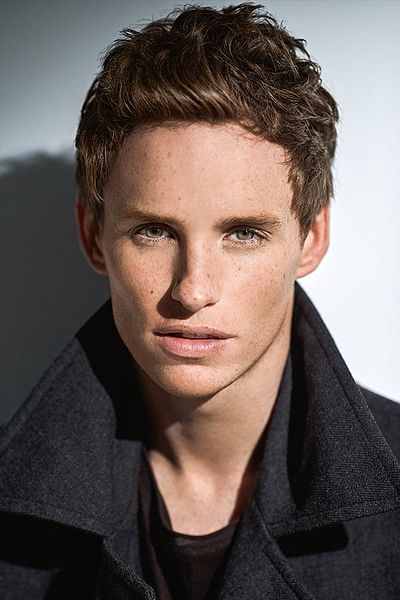An exhilarating piece of courtroom drama...
In the aftermath of the riots at the Democratic National Convention in 1968, seven activists from different anti-war groups (Yahya Abdul-Mateen II, Sacha Baron Cohen, Eddie Redmayne, Jeremy Strong, John Carroll Lynch) are put on trial, and are met with an intransigent judge (Frank Langella) and a prosecutor (Joseph Gordon-Levitt) who's been pressured into the trial against his better judgment.
It's hard to try and make sense of some of Aaron Sorkin's work in today's world of compromised values, diminished responsibility, and the glaring light of social media on worlds previously walled off.
'The West Wing', for example, would be laughed off screens nowadays as a fantasist's dream, just like 'The Newsroom' has now become more known for being the butt of jokes than anything else. This clawing earnestness, oblivious to how America is seen by the rest of the world, doesn't always factor in Sorkin's work.
'A Few Good Men' was a strict courtroom drama, though it did venerate American militarism without a hint of critical thinking. 'Molly's Game', 'Steve Jobs', they all took outsized personalities and didn't diminish them to make them relatable - but simply couched them in a context where they could connect with audiences, whether it was unravelling a complex web of card games, or selling a computer system.
'The Trial of the Chicago 7' arrives on Netflix and cinema screens at a time when America's standing in the world has fallen drastically, and where chaos has flooded every part of American life. That the movie then places itself in a time of similar disharmony - the aftermath of the 1968 election - is no coincidence. From the very opening scene, Sorkin is drawing a line between then and now, and how political vengeance comes in the form of so-called justice.
The cast is, truly, an embarrassment of talents. Mark Rylance, Frank Langella, Sacha Baron Cohen, Eddie Redmayne, John Carroll Lynch, Jeremy Strong, Yahya Abdul-Mateen II, Joseph Gordon-Levitt, Michael Keaton. All of them are firing on all cylinders, all of them teeming with wit and nuance in their performances. Likewise, Sorkin's script just zings along in some of the scenes, bouncing back and forth with glee.
It really is enjoyable to see how sharply-made drama can look, how rare it is to see it happen, and why the ending of 'The Trial of the Chicago 7' squanders itself. Throughout the movie, that earnestness in Sorkin's work that catches people in the throat is kept to a discrete minimum, keeping itself under wraps on a few, well-timed moments. Poetic licence is given in a few moments, but the final minute or so of the movie just shoots itself in the foot with an Oscar-bait ending.
Up until that point, however, 'The Trial of the Chicago 7' is a riveting courtroom drama. Sacha Baron Cohen, in particular, is electric as Abbie Hoffman, while Frank Langella possesses himself with wanton cruelty as Judge Hoffman. Yahya Abdul-Mateen II, meanwhile, radiates in the few scenes he's given as Bobby Seale, while Joseph Gordon-Levitt manages to give a sympathetic view of the prosecutorial standpoint in the trial.
Sorkin just knows how to make courtroom drama entertaining. He's perfected it to a true artform, and when you look at the TV offerings that draw on it, you can see how they're pale imitations of what he's done. What's frustrating is that the movie never really seems to land on any one point too long, and instead tries to tie it together with a back-and-forth narrative. We see Sacha Baron Cohen as Abbie Hoffman telling one part of the story, the prosecutors examining another, Mark Rylance's character unearths another part, yet it never blends quite so.
You get the sense that if Steven Spielberg directed this as was originally intended, there might have been a different tactic taken than what Sorkin ended up with. Likewise, some of the more outrageous moments - the ending, in particular - might have been sanded down somewhat, and for the better.
Still, 'The Trial of the Chicago 7' is an exhilarating piece of courtroom drama, and the starry cast makes the weighty script fly off the screen.



















































































